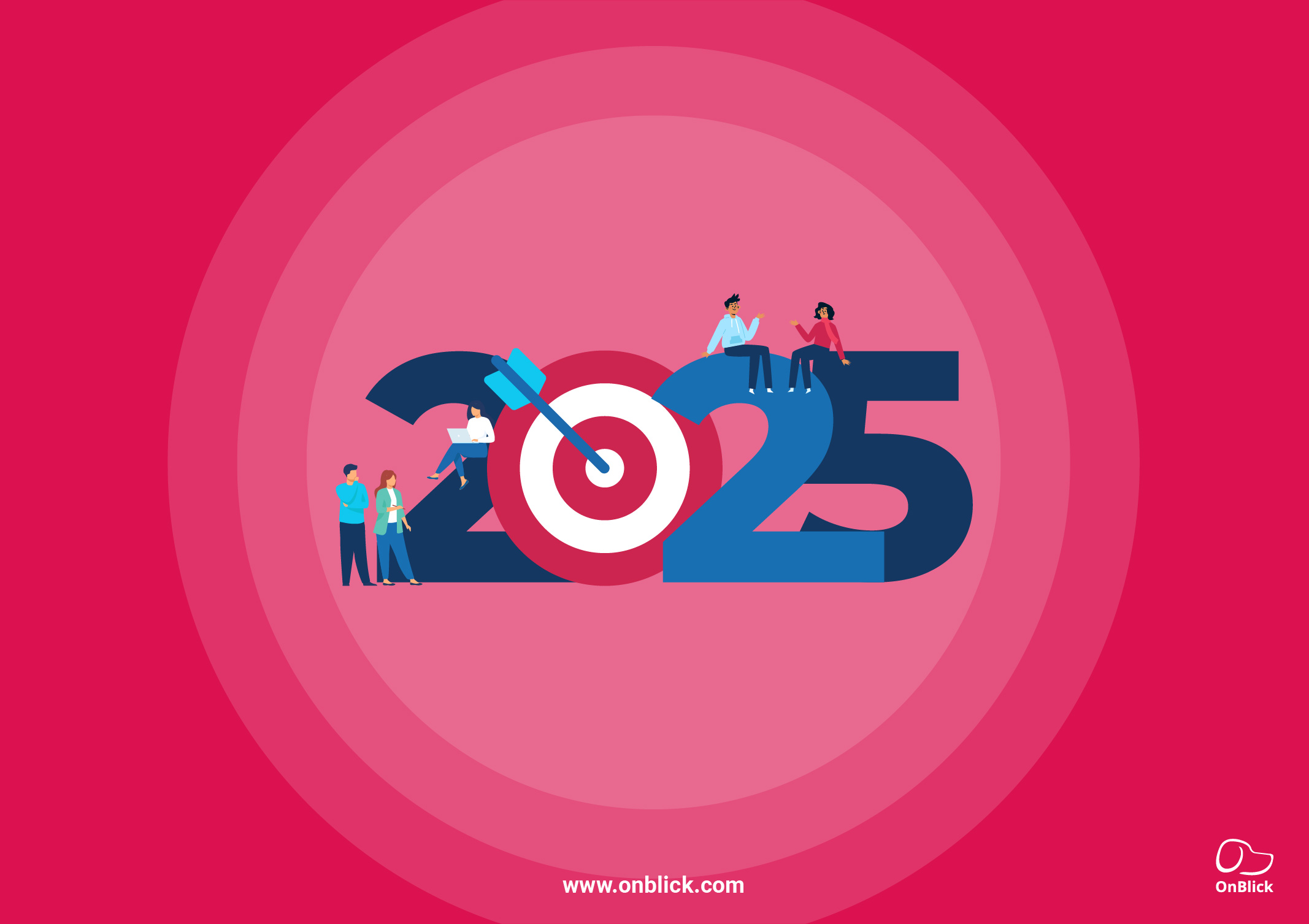The swift progress of generative AI is transforming various sectors, and the Human Resources function is one of them. Generative AI (GAI) can create, analyze, and personalize content at a scale and speed not possible before, and with a quality that is already being embraced in many industries as the next big thing after the Internet.
This article is about what HR teams need to know about generative AI, from the tools available to them to the transformative impact it can have on the employee experience.
Understanding Generative AI
Generative AI refers to a class of artificial intelligence systems capable of producing content, such as text, images, or even code, based on prompts. This technology, which includes models like GPT (Generative Pretrained Transformer), can analyze vast amounts of data to create responses that imitate human-like communication. Unlike conventional automation tools, generative AI comprehends patterns from data, allowing it to generate original content, solve complex problems, and provide recommendations.
Generative AI’s ability to create personalized outputs from large data sets has already made waves in marketing and customer service. Now, it’s transforming how organizations approach talent management, making HR processes more efficient and improving the overall employee experience.
The Impact of Generative AI on HR Functions
Human resources is experiencing a transformation as generative AI becomes more prevalent. As per research by McKinsey, while a notable portion of businesses are adopting AI in other departments, only a small percentage are utilizing it in HR. However, the potential benefits of doing so are enormous. AI’s ability to enhance recruitment, performance management, and employee communication can make HR teams more agile and data-driven. From generating job postings to summarizing employee feedback, AI frees HR professionals to focus on more strategic initiatives while ensuring compliance and operational efficiency.
GAI is already proving useful across several HR sub-functions, including talent acquisition, learning and development, and people analytics. It can potentially change how HR teams operate by handling mundane tasks, offering personalized insights, and enhancing workforce planning.
How to Use Generative AI in Human Resources
Generative AI can be a game-changer in various areas of HR. Here are five key ways to start leveraging AI in your HR processes:
1. Automated Content Creation for Job Postings
One of the simplest ways to begin integrating generative AI into HR is by using it to create and optimize job postings. AI can analyze skill profiles, past job descriptions, and industry trends to generate compelling job postings that are both accurate and engaging. According to a McKinsey study, AI tools can even personalize candidate communications, providing customized messages that attract the right talent, and improving overall candidate engagement. This is particularly useful for companies hiring in high volumes, where efficiency and personalized communication are key.
2. Personalized Employee Communication
Employee engagement is vital to an organization’s success, and generative AI can greatly enhance communication with employees. By deploying AI-powered chatbots, HR departments can respond to employee queries on everything from benefits to career development. For instance, AI can provide personalized guidance on training programs based on an employee’s skills and aspirations. This allows HR teams to deliver timely and accurate responses, improving the employee experience and fostering a more engaged workforce.
3. Streamlining Onboarding Processes
Onboarding can be an unmanageable process, especially for companies with large or distributed workforces. GAI can speed up the process by automating documentation and providing new hires with tailored learning resources. AI can also assist in mentor matching, helping employees connect with senior staff with similar interests or career paths. According to studies by MIT and Stanford, newer employees tend to benefit most from AI’s ability to quickly deliver institutional knowledge, allowing them to become productive much faster.
4. Enhancing Performance Management
Performance management is another area where generative AI can add considerable value. AI tools can assist HR teams in synthesizing feedback from multiple sources, such as peer reviews, employee surveys, and performance metrics. This helps managers create more extensive performance reviews. Although AI should not replace human judgment in performance evaluations, it can accelerate the process by providing initial drafts and insights. Managers can then use these AI-generated summaries to focus on the most critical aspects of an employee’s growth and development.
5. Improving People Analytics and Workforce Planning
Generative AI’s ability to analyze large datasets allows HR departments to gain deeper insights into their workforce. AI can identify patterns in employee behavior, such as predicting attrition or highlighting skills gaps. This data-driven approach enables HR teams to make informed decisions about workforce planning, helping them anticipate future needs and allocate resources more effectively. By using AI for predictive analytics, HR professionals can stay ahead of trends and ensure their teams are prepared for upcoming challenges.
Summing Up
Generative AI is no longer a distant future technology; it is here and ready to transform how HR teams function. From automating mundane tasks like job posting creation to offering insights into performance management and workforce planning, GAI provides tools that make HR processes more efficient and personalized. As organizations continue to integrate AI into HR strategies, the technology will free up time for HR professionals to focus on the human side of human resources - ensuring that employees are engaged, supported, and aligned with organizational goals.
The future of HR is undoubtedly intertwined with AI, and now is the time for organizations to start leveraging its full potential. We hope this article helped you explore some of the ways generative AI can enhance your HR functions and drive better outcomes for your team.

.gif)

.png)
.png)











